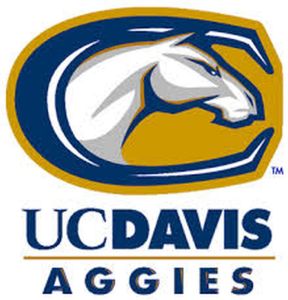“We all know the Supreme Court is in the pocket of the powerful Indonesian lobby,” said university provost Shari Alaw.
 Washington, February 11 – The University of California Student Association approved a declaration Sunday calling for the UC system to divest from a list of countries the Association deems human rights violators, but found itself unexpectedly on the defensive when one of those countries, the United States, reacted in kind by ceasing all funding and investment in the university.
Washington, February 11 – The University of California Student Association approved a declaration Sunday calling for the UC system to divest from a list of countries the Association deems human rights violators, but found itself unexpectedly on the defensive when one of those countries, the United States, reacted in kind by ceasing all funding and investment in the university.
Following a trend among the student body on certain American campuses, the UC student group at Davis took up the politically charged issue of divestment, citing Israel, a typical target, but also including other “rights violators” such as the US, Brazil, Egypt, Indonesia, Mexico, Russia, Turkey, and Sri Lanka. Typically such declarations carry symbolic weight only, as any major university’s investment policy is decided by its board of trustees or other such body far removed from student influence. However, the United States Congress took immediate exception to the vote, and convened an immediate session to cut all funding to UC.
Congressional representatives voted unanimously in favor of the cut, though both of California’s senators were absent from the proceedings. Democratic and Republican legislators noted that cutting funding in no way impinges on freedom of expression – the university and student body will remain free to express whatever they please, just not with public money.
“Government funding is not carte blanche to undermine this country’s interests,” said New York Senator Charles Schumer, a Democrat. “Besides, the budget pressures we face mean this these millions of dollars can be used for other, more worthy purposes, such as designing more Congressmen’s offices to resemble sets from popular television shows.”
The governmental move and its speed took university personnel and students by surprise. “They can’t do that!” said Alki Lemall, a UC Davis sophomore. “We can say whatever we want and they have to keep giving us all the money we demand! That’s just the way it works!”
Faculty were no less stunned. “Actual, real-world events aren’t supposed to affect academia, and vice versa,” said Associate Professor of Political Science and Palestinian Self-Determination Kilda Yahud. “As much as college is supposed to prepare students for the ‘real world,’ the campus experience is nothing like that world. That’s what we post-secondary educators like so much about working here. To have student actions produce real-world consequences that affect us negatively is new to us. I don’t like it.” Yahud explained that the results they sought were intended to affect other, nameless people and entities far away, especially Israel, which could be demonized from a safe distance and little to no risk of seeing those affected as feeling, living human beings.
University administrators vowed to fight Congress’s action, but were uncertain of their litigation prospects. “We all know the Supreme Court is in the pocket of the powerful Indonesian lobby,” said university provost Shari Alaw.
(h/t Sara, who better include contact details next time)

